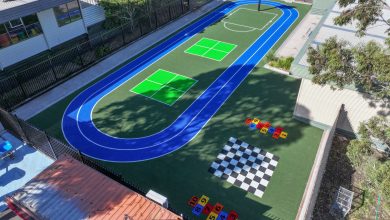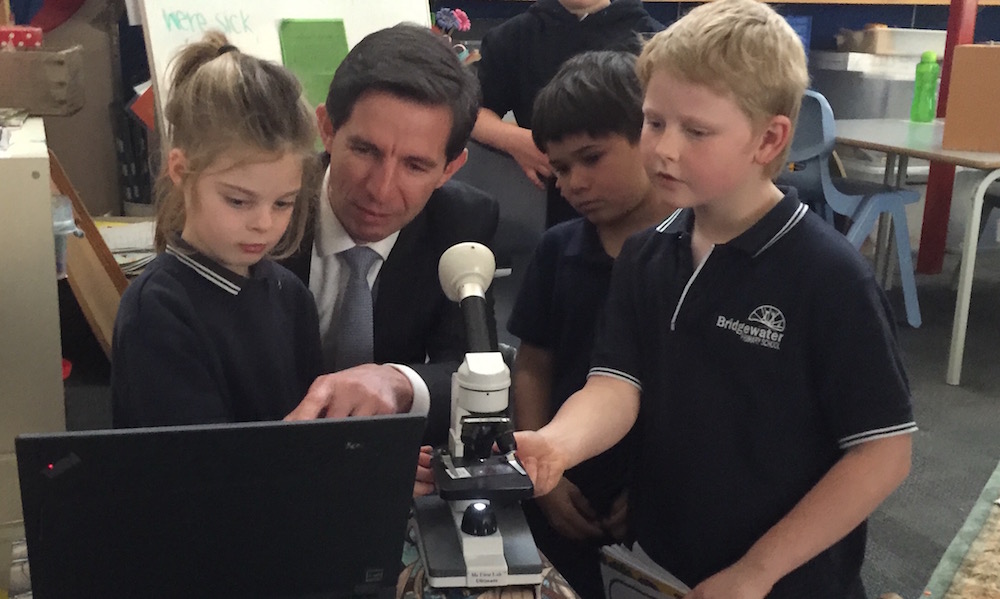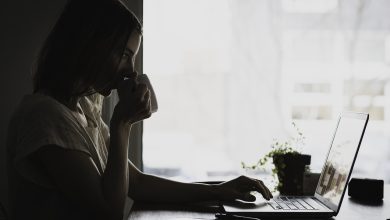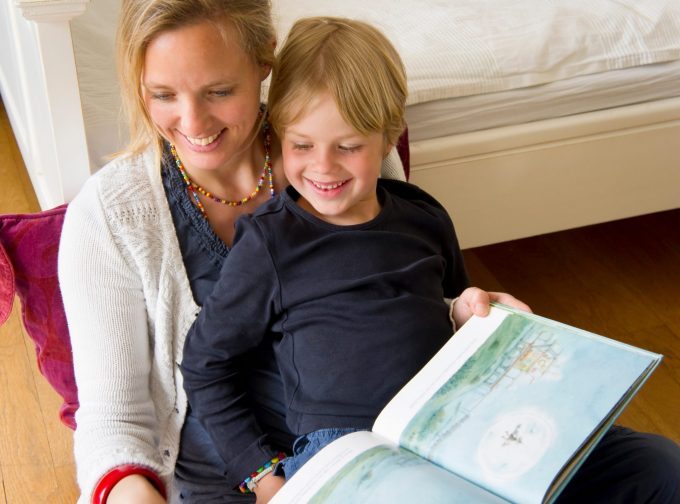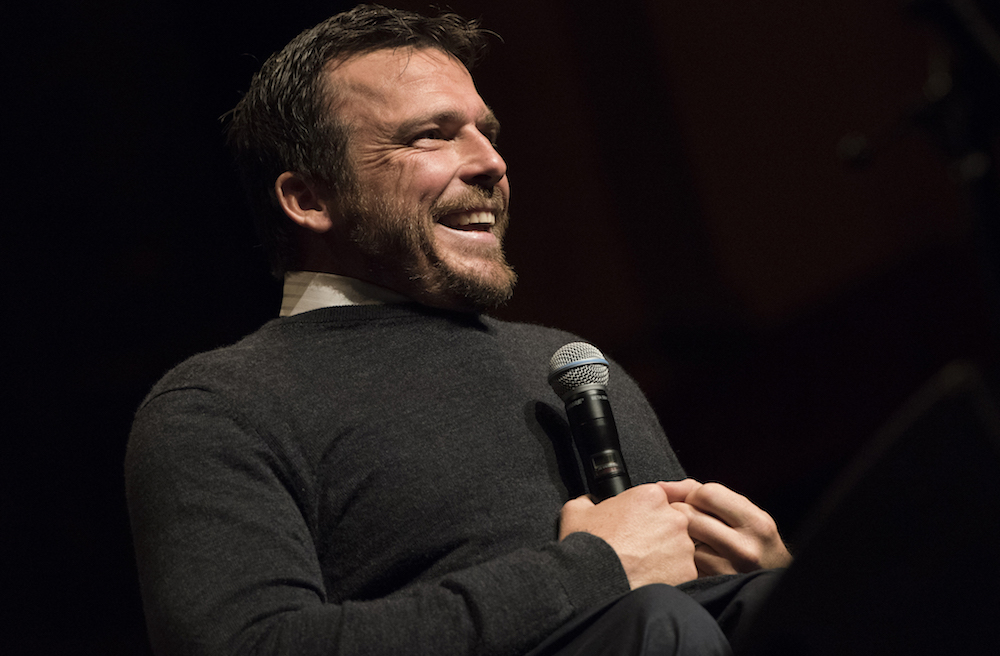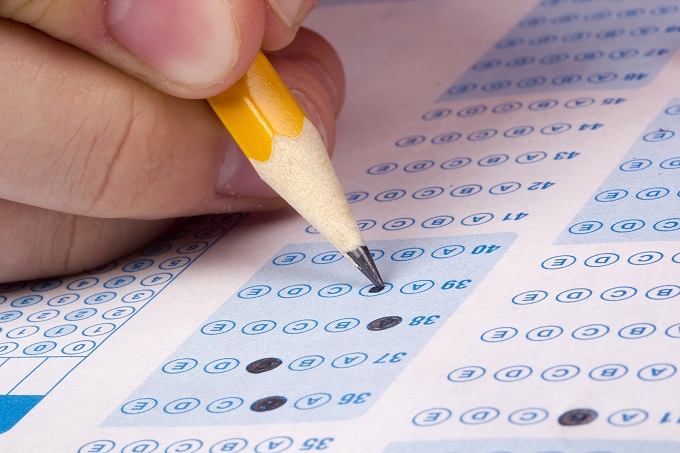Report writing worth $92.2m in unpaid teacher hours
A new survey shows that Victoria's public school staff work an average of 32 unpaid hours on report writing and related activities, delivering a saving of $92.2 million to the state government every semester.
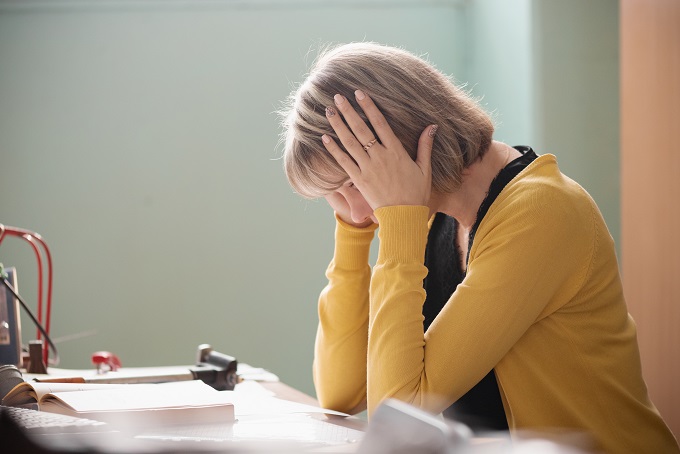
Data collected by the AEU from 8,581 teachers, principals and education support staff from 552 Victorian government schools shows public school staff worked 276,235 unpaid hours on report writing and related activities during Term 2 alone.
“These are absolutely shocking numbers,” AEU Victorian branch president Meredith Peace said.
“Report writing is a fundamental task required of teachers and is essential for providing invaluable feedback to students and parents. It is alarming that school staff are expected to complete such an important function of teaching largely unpaid and in their own time.
Each year, every public school student in Victoria receives $1,384 less funding compared to public school students in all other state and territories.
“This is another example of how public school staff make up the funding shortfall through excessive workload.
“Teachers, principals and education support staff who work in Victorian government schools are dedicated to delivering high quality education” Ms Peace said.
“They work in public education because they want every child to have the opportunity to reach their full potential, and they spend this time on report writing because they understand the importance of sharing accurate information about children’s progress with their parents.
“But excessive workloads leave them exhausted, stressed and at risk of burning out.
This has a direct impact on the education of students.sc
The AEU Victorian Branch is calling on the Andrews Labor Government to commit to more investment in public schools and to include adequate and appropriate measures to alleviate excessive workload, including the employment of additional teachers, in the next Victorian Government Schools Agreement, which is currently being negotiated.
It has been more than ten months since the AEU Victorian Branch lodged its log of claims, with negotiations commencing in December 2020.
“We are continuing those negotiations with the Government in good faith, however to this point in time the government has not put a formal offer on the table,” Ms Peace said.
“As part of our ongoing campaign, AEU members will be seeking further meetings with local State Labor MPs to raise concerns about excessive workloads, including in relation to report writing activities, and to seek support for measures to address their concerns.”

